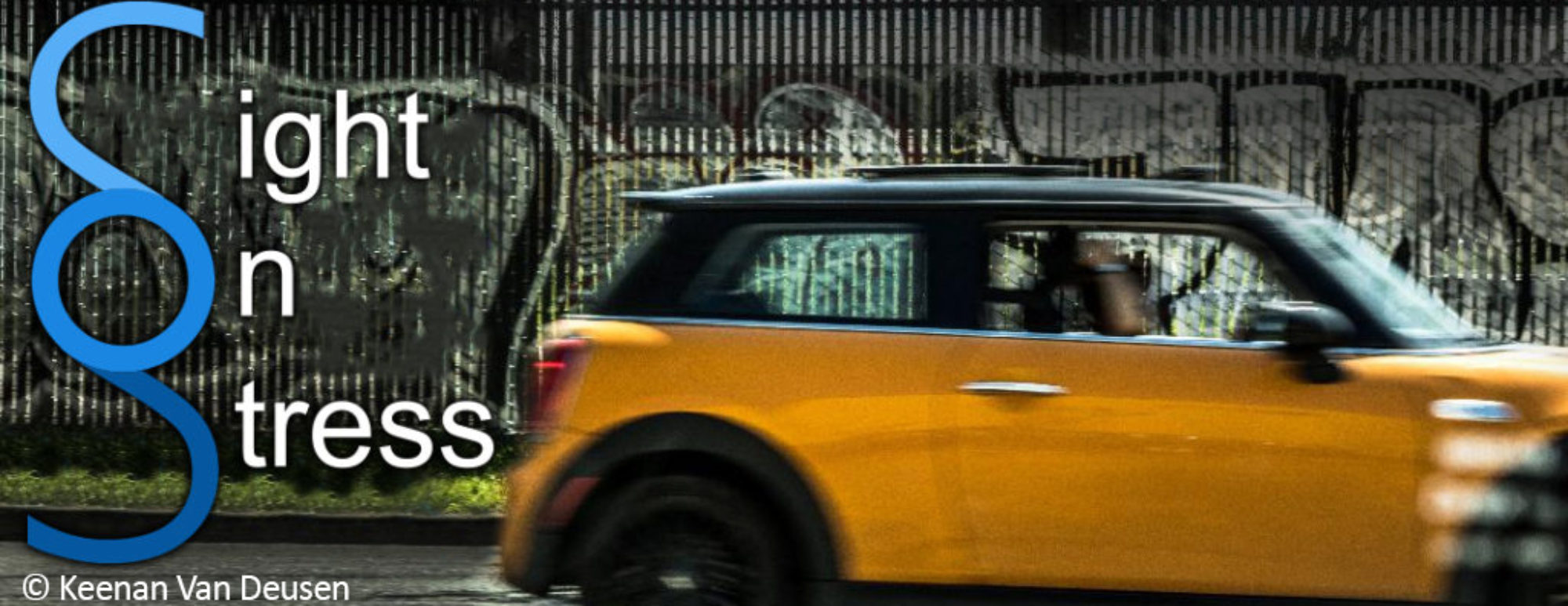Three Ways to Reduce Stress Amidst the Pandemic

- Self-Compassion Meditation: Sit with your eyes closed and let your mind initially rest on the air moving in and out of your body. Focus on the sensations, such as temperature or touch as the air enters and leaves your nostrils or your lungs. Let this rhythmic and mindful breathing calm and center you. Then, say silently and repeatedly the following mantra: “I care for myself every day with kind attention” Do this for 10-20 minutes, setting a timer to gauge the time.
- Sit in Nature: No matter where you live, find 20 minutes each day where you can go outside and look out at natural beauty. This could be a lake, an ocean, a wooded area, the dew on a spiderweb or simply the day or night sky. Being in nature, with mindful attention, reduces stress and helps us feel less alone.
- Widen the Lens: If your mind is fixated on worries, allow yourself to think about the bigger picture in life, which may include what’s going well and what is possible still. One exercise is to write a letter to yourself, documenting how you want your life to be in two years, including your relationships, your health, your lifestyle and your work. OR, write a letter to someone else, letting them know what you appreciate about them—their perspective, their help, their talents, or the way they make you laugh. This exercise prompts you to think beyond your narrow view of danger and expand your perspective to what is good and what is possible. It also helps you connect to your future self and to others. Connections with ourselves and others are the key to our wellbeing.
For a more in-depth understanding of stress and how to reduce it, pick up a copy of my book, Stressed in the U.S.: 12 Tools to Tackle Anxiety, Loneliness, Tech-Addiction and More!
If you enjoyed reading How to reduce your stress you might also be interested to read:
- Coronavirus Reminds Us What’s Important
- How the Tao Helps us Navigate Stress
- Five Things To Do When Feeling Defeated and Overwhelmed
Dr. Van Deusen received her PhD in Clinical Psychology from the California School of Professional Psychology in Los Angeles in 1992. She has cultivated deep knowledge of attachment theory and stress and has worked with various populations over her two and a half decade career. Her practice is in Seattle, Washington. Buy her book Stressed in the U.S.: 12 Tools to Tackle Anxiety, Loneliness, Tech-Addiction and More here

